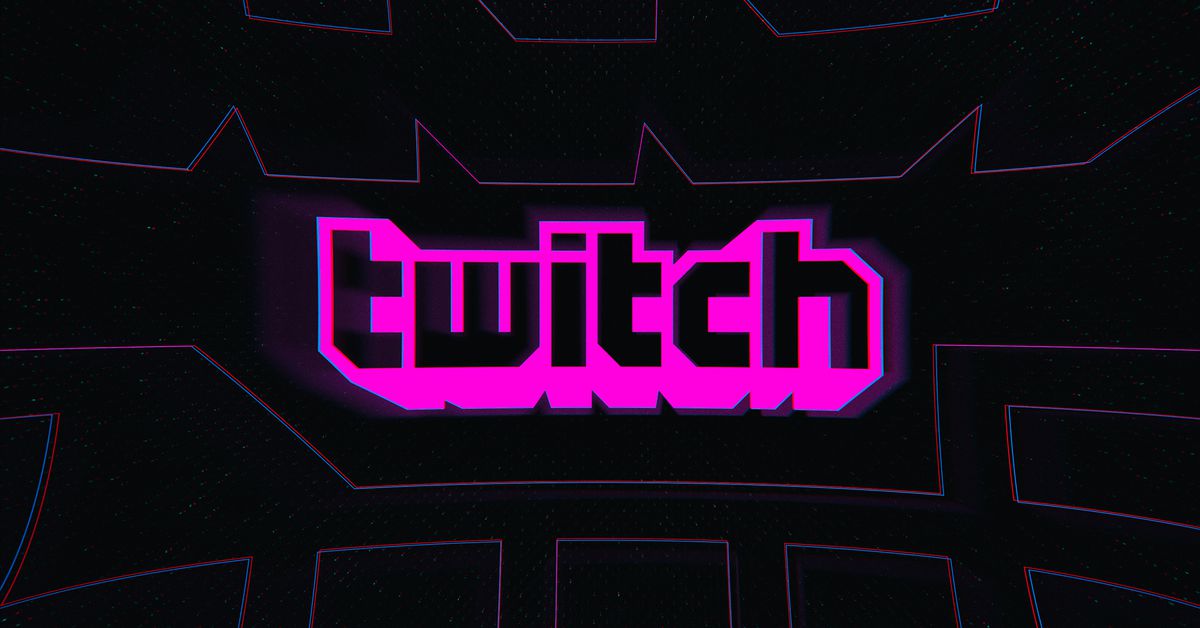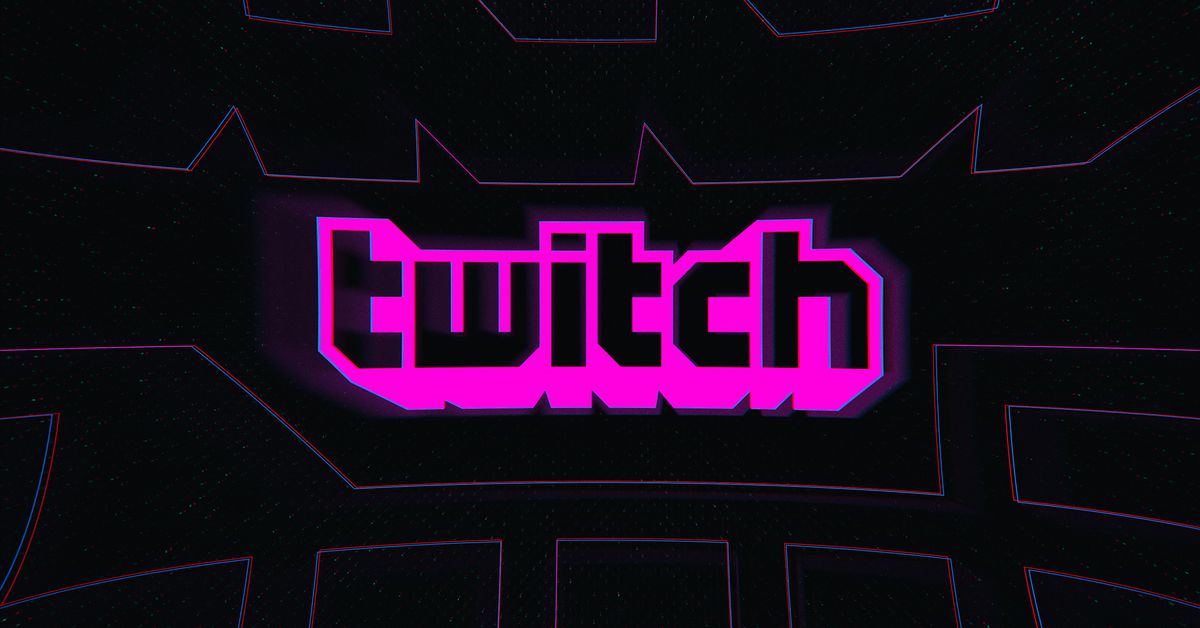
Twitch has received a “batch” of new takedown notices from music publishers over copyrighted songs in recorded streams (known as VODs), the company said in an email to streamers today. The notice may be worrying for some streamers who were affected by the waves of takedowns that hit last year, because if a user gets three copyright strikes on their channel, they will be permanently banned from the platform, according to Twitch’s policies. With this advance warning, it seems Twitch is trying to get ahead of a sudden flurry of takedowns and give streamers some time to remove potentially offending VODs.
“We recently received a batch of DMCA takedown notifications with about 1,000 individual claims from music publishers,” Twitch said in an email Friday, which was sent to a Verge staffer. “All of the claims are for VODs, and the vast majority target streamers listening to background music while playing video games or IRL streaming.” Twitch believes the notifications were automated and warns more are likely coming.
If you’ve bounced around Twitch streams before, you’ve probably heard music in the background of many of them. A lot of that music is copyrighted, which leads to situations like these mass takedowns when the music industry wants to get paid. In Friday’s email, Twitch noted that the only way to avoid DMCA (or Digital Millennium Copyright Act) strikes is to not stream copyrighted material in the first place, and said that if a streamer does have unauthorized content in their VODs or clips, “we strongly recommend that you permanently delete anything that contains that material.”
DMCA takedowns first became a major Twitch issue last year
DMCA takedowns first became a major issue for streamers last year. In May, many streamers were blindsided by sudden takedown requests, and in October, following another wave of copyright notices, Twitch took the step of deleting offending content. At the time, Twitch offered limited tools to streamers to manage content in response to the takedowns, compounding the problem.
The company apologized for how it handled the situations in November, saying that it received a significantly higher number of music-related DMCA notifications starting last May than it ever had before. The company also promised to release better tools to help streamers manage their old content, and followed through on that promise in March. And for streamers who want to play rights-cleared music in the background of their streams, Twitch offers a product called Soundtrack, which it released worldwide in beta in October.
